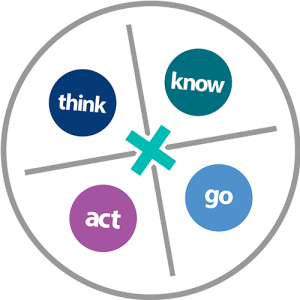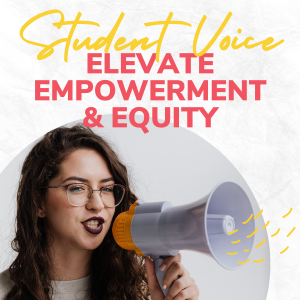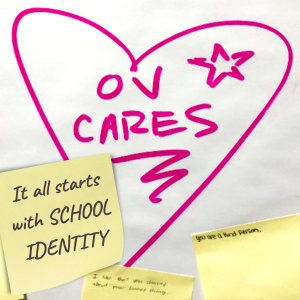What happens when you get elementary school teachers together for immersive, hands-on summer science workshops? It can be an electrifying experience, as participants in the Quality Elementary Science Teaching (QuEST) program in Missouri found out this past summer in Columbia.
The theme of the 2015 summer institute centered on circuits and energy. Elementary teachers took on the role of learners so that they could experience these concepts with fresh eyes. At the same time, they dove into best practice in science instruction and universal design for learning. All in all, they proved that they could have just as much fun as their students when it’s time to experiment and collaborate.
The model of situated professional development being implemented in QuEST has attracted teachers to a host of trainings since its launch in 2008. More recently, it attracted funding from the National Science Foundation (NSF). When added to the ongoing support of the Missouri University College of Education, the MU Department of Physics & Astronomy, and the MU Partnership for Educational Renewal (MPER), the NSF funding has allowed the program to expand its reach and to conduct research on the model itself.
That’s how EPIC became involved in 2014. Evaluation specialists Dr. Kristine Chadwick and Tracy Bousselot have attended the two-week summer institutes in 2014 and 2015, as well as follow-up Saturday sessions during the academic year. The evaluation of the QuEST project has involved structured observations of the professional development, focus groups with teacher participants and QuEST staff, satisfaction surveys with teacher participants, and ongoing review of project data.
During the summer institutes, teachers with a wide variety of comfort levels and backgrounds in teaching elementary school science are introduced to the 5E Learning Cycle. The 5Es are a sequence of steps in instruction: Engage, Explore, Explain, Extend, and Evaluate. When teachers practice these steps together, they have more tools to support students as they generate and develop a personal interest in the topic at hand.
A unique feature of the QuEST model, during the first week of the institute, puts teachers in the learner’s seat. They get to develop a deeper understanding of the content, while also reflecting on how they could use the 5E model to support their own students. At this past summer institute, teachers created circuits with many different objects, even linking hands with colleagues to close a circuit.
When teachers take on the role of the student, they can more easily understand how students might develop misconceptions. They can empathize with a novice learner and learn how to adjust their own instruction in order to address those misconceptions and meet learners’ needs. A central mission of the QuEST project is to help teachers “teach at the speed of learning.”
Another innovative aspect of the QuEST model is the situated teaching experience that takes place during the second week of the summer institute. A smaller group of teacher participants stay on and put their learning into action by designing and teaching lessons to students who attend the Kids QuEST Summer Camp.
Traditional professional development models end with the assumption that teachers will take their new knowledge back to the classroom. However, the gap in time that exists between the professional development activities and the opportunity that teachers have to use what they learned in their classroom can hinder full implementation of those teaching practices.
The QuEST project allows teachers to test out their new knowledge and skills right away in a collaborative and supportive environment. Follow-up activities during the school year allow teachers to share their successes and challenges as they gather to meet again. Ultimately they stay connected to each other and to the QuEST staff all year long.
To date, teacher participants in the QuEST Summer Institute have reported being very satisfied with the program’s attention to the following aspects of professional development: materials, delivery and organization, facilitator quality, applicability, and overall experience. Most participants report that they gained more useful knowledge and skills during QuEST than in any other professional development program they have attended. Teacher participants were also very positive about the level of collaboration, the practical applicability of the institute topics, and the enthusiasm and positive energy of the facilitators.
When asked what she learned most from the professional development experience, one teacher had this to say:
[dt_quote type=”pullquote” layout=”right” font_size=”big” animation=”none” size=”1″]I think what I leave here with the most is the importance and the quality of my questioning and the exploration phase [from the 5E model]. That’s the foundation for helping my students gain a deep, deep, deep understanding of whatever it is I’m trying to teach as I apply this across content areas. That questioning–and the importance of me being patient enough to allow time for them to answer at their own pace–will really stick with me.[/dt_quote]
by Research Associates Tracy Bousselot and Greg Hopper-Moore





